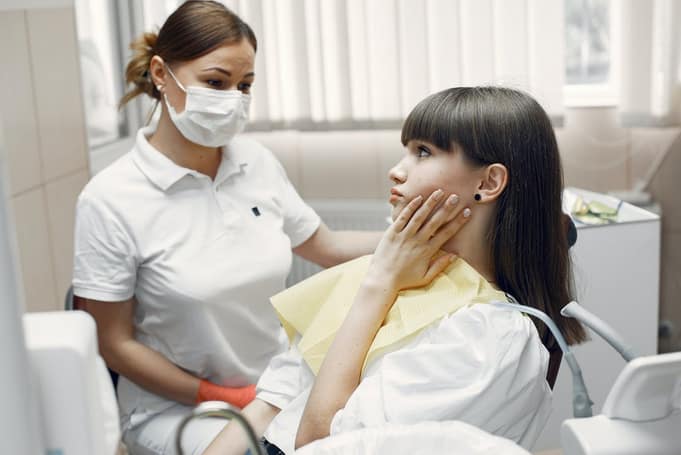If you’ve recently had your wisdom teeth removed, congratulations on taking the first step toward a healthier smile. However, the journey doesn’t end with the procedure itself. We’ve talked with a professional from the Best Dental Clinics Calgary Quarry Park, and they explained that proper aftercare is the key to a speedy recovery and minimized discomfort or complications. Here is how the best aftercare tips to follow.
Control Bleeding With a Gauze Pad
After your wisdom tooth extraction, bleeding is a common occurrence. To help control the bleeding and aid in the healing process, it’s important to use a gauze pad. Once completed, your oral surgeon will provide you with sterile gauze pads that should be placed directly over the extraction site.
Gently bite down on the gauze pad for about 30 minutes to apply pressure to the area. This pressure helps promote blood clot formation and prevents excessive bleeding. Remember not to chew on the gauze or change it too frequently, as this may disrupt clotting.
If you notice some slight oozing after removing the initial gauze pad, don’t panic – this can be normal during the first day or two after surgery. Simply replace it with fresh gauze and continue applying light pressure for another 20-30 minutes.
Practice Proper Oral Hygiene

Proper oral hygiene is crucial after the removal surgery to prevent infection and promote faster healing. Although it may be tempting to skip brushing or flossing due to discomfort, maintaining good oral hygiene is essential for your recovery. After the surgery, you should avoid brushing the surgical site for the first 24 hours.
Instead, rinse your mouth with warm saltwater every two hours to keep it clean and free from bacteria. This will help reduce swelling and alleviate any pain or discomfort. Once the initial day has passed, you can start brushing your teeth gently using a soft-bristled toothbrush. Just be cautious around the site.
Switch to Only Soft Foods
Yes, eating can be painful moments after the surgery. Still, eating can help promote a speedy recovery, especially if you know how to adjust your diet. Switching to only soft foods during the healing process works wonders after the surgery.
Soft foods are easier to chew and won’t place unnecessary pressure on the extraction site, reducing the risk of complications. Opt for options like mashed potatoes, yogurt, smoothies, soups, scrambled eggs, and well-cooked pasta.
Take the Prescribed Medications
Taking the prescribed medications is an essential part of your wisdom tooth extraction aftercare routine. Your oral surgeon will likely prescribe painkillers, antibiotics, and potentially anti-inflammatory drugs to help manage any discomfort or prevent infection. Painkillers can help alleviate any post-operative pain or swelling, while antibiotics are necessary to ward off potential infections.
Recovering from wisdom tooth extraction can be a bit uncomfortable, but with the right aftercare tips, you can speed up the healing process and get back to normal faster. Remember to control bleeding by gently biting on a gauze pad, practice proper oral hygiene by rinsing with saltwater and avoiding brushing near the extraction site for 24 hours, switch to soft foods that won’t irritate the area, and take any prescribed medications as directed.

